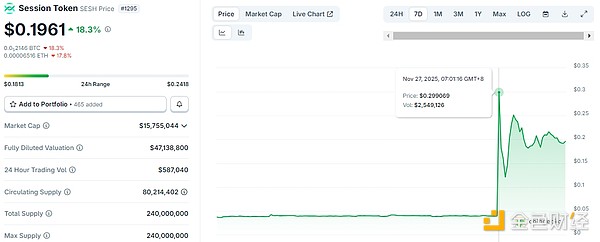Much of GBTC's outflows come from Genesis selling shares, says analyst
Genesis appears to be selling its GBTC shares to buy bitcoin, according to an ETF analyst.Bitcoin’s price fell below $64,000 on March 22.
Bitcoin's price fell below $64,000 on March 22, and it seems that the digital asset financial firm Genesis is trading in its GBTC shares to buy the dip, says Eric Balchunas, senior ETF analyst at Bloomberg.
"The nine new Bitcoin ETFs have taken in about $1.2 billion in past 5 days as price declined 8%," Balchunas said on the social media platform X. "GBTC had outflows yes, but it is largely Genesis (we know this for fact), who is simply exchanging GBTC shares for spot BTC, so net neutral event (plus GBTC is all pre-ETF money). Add it up, the ETFs have been net buyers of BTC (and none of the new money has left in fact more has come in). As usual, when it comes to selloffs, the call is coming from inside the house."
An X user also connected 16,800 BTC entering two of Genesis's wallets may have been derived from GBTC outflows.
GBTC experienced a record daily outflow of $642.5 million on March 18, with $1.84 billion of total outflows between March 18 and March 21, according to The Block's Data Dashboard.
GBTC is a converted spot bitcoin ETF issued by the digital asset management firm Grayscale Investments .
Disclaimer: The content of this article solely reflects the author's opinion and does not represent the platform in any capacity. This article is not intended to serve as a reference for making investment decisions.
You may also like
Bitcoin security reaches a historic high, but miner revenue drops to a historic low. Where will mining companies find new sources of income?
The current paradox of the Bitcoin network is particularly striking: while the protocol layer has never been more secure due to high hash power, the underlying mining industry is facing pressure from capital liquidation and consolidation.

What are the privacy messaging apps Session and SimpleX donated by Vitalik?
Why did Vitalik take action? From content encryption to metadata privacy.

The covert war escalates: Hyperliquid faces a "kamikaze" attack, but the real battle may have just begun
The attacker incurred a loss of 3 million in a "suicidal" attack, but may have achieved breakeven through external hedging. This appears more like a low-cost "stress test" targeting the protocol's defensive capabilities.


